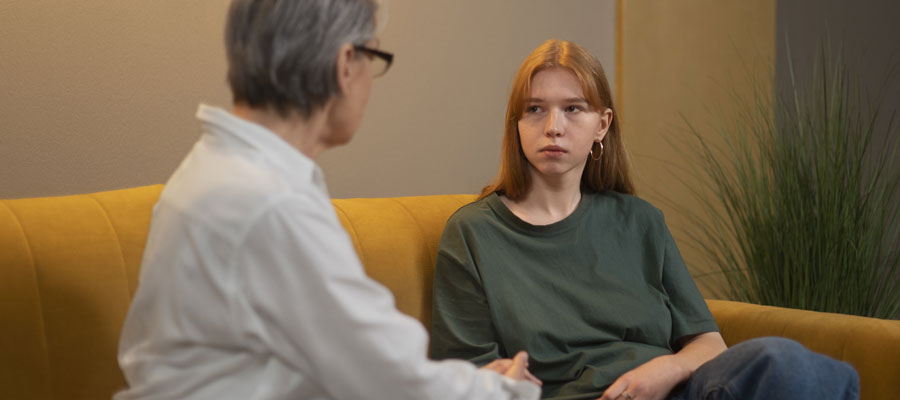Information
For Women
(Ex) Partners
Domestic Violence is behaviour which repeatedly occurs in an intimate or family relationship which is profoundly negative, abusive and sometimes life threatening.

WHAT IS DOMESTIC VIOLENCE?

It is important that you take precautionary steps to hide your internet activities if you are in an abusive relationship, especially if your abuser has access to your computer. We suggest viewing this website in a Private/Incognito browser window. All leading web browsers have a “private browsing” mode that, once enabled, stores nothing about your activity on your computer in that browsing window (no history, web cache or anything else) and so it’s always a useful first step to take.
Be mindful that if someone is tracking your history and they know you were online at a certain time, it is worth leaving a public browser history of non-sensitive content available to them.
Safari (Mac) – Shift + Command + N
Chrome (Mac) – Shift + Command + N
Chrome (Windows) – Shift + Control + N
Edge (Windows) – Shift + Control + N
Toolbars such as Google, AOL and Yahoo keep a record of the search words you have typed into the toolbar search box. In order to erase all the search words you have typed in, you will need to check the individual instructions for each type of toolbar. For example, for the Google toolbar all you need to do is click on the Google icon, and choose “Clear Search History”.
Internet Explorer 7 & 8
(Click on the Tools menu and select Internet Options. In the General page under Browser History, select the Delete button. Either select and delete each section: Temporary internet files; Cookies, History; Forms data and Passwords; or select the Delete all button at the bottom to clear everything.
Mozilla Firefox 8
(Click on Tools and Options. Firefox bundles cookies, forms and history under the heading ‘history’. Click the privacy tab, then on “clear your recent history”. Select the period you want to delete. Click on Details to select cookies, forms etc. To delete passwords click on the security tab where you can view all the passwords saved when you browse the web. You can delete them here and remember not to allow Firefox to save them in the future. In Firefox you (or someone accessing your computer) can actually read the passwords saved on your system. If you use the same passwords for many things consider changing them all if you have allowed your browser to save any. You can also adjust how you want Firefox to store your data under the privacy tab.
Safari
(To remove history go to History, and click Clear History. To remove cookies go to Settings (right hand side), Preferences, Privacy tab and click Remove all Website Data (or Details to select certain sites). Chrome, Opera and other browsers There are many new browsers on the market, so it is always advisable to search for advice on your own browser. For example this tutorial shows you various security measures on Opera, or you can see the settings for Google Chrome.
If you would like to give MOVE Ireland a donation, please contact Brenda at move@moveireland.ie.

